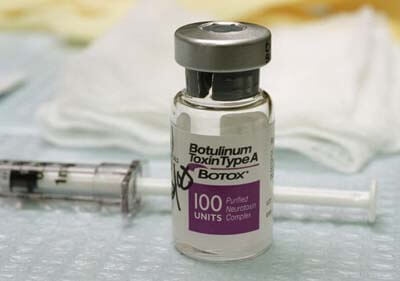Schedule a Consultation
216-621-3000Schedule a Consultation
216-621-3000
We typically hear of Botox in the context of wrinkles and efforts to hide the aging process, but doctors have been using Botox treatment for people with cerebral palsy for about twenty years. Botox is the most well-known product; others include Dyspot, Xeomin and Myobloc. When injected into muscles, it works to weaken and paralyze those muscles. For children with frequent muscle spasms, these treatments can help, with injections typically effective for up to six months.
By temporarily loosening muscles, therapists can more easily work with children to strengthen or stretch muscles. This is often a viable alternative to surgery, because anesthesia is riskier in children with esophageal problems or gag-reflex issues. Some doctors report that their patients are able to do things that they couldn’t before—in particular, they gain some degree of fine motor use.
Make no mistake—the use of Botox as a cerebral palsy treatment is not a use approved by the FDA. Based on studies and filings with the FDA, Botox is approved for overactive bladder, fine line wrinkles, severe underarm sweating, uncontrollable blinking, severe migraines, misaligned eyes, and cervical dystonia (involuntary neck contractions).
What this means is that the FDA has not reviewed studies on Botox use for muscle spasms in cerebral palsy patients. The use of any drug for an unapproved use is technically off-label. It doesn’t mean it isn’t a good and proper use, it just means that patients and parents should be careful.
Botox can cause permanent paralysis, though this is a rare outcome. One family filed a federal lawsuit against Botox manufacturer Allegan in Vermont, and received a verdict of $6.75 million in punitive and compensatory damages. There, Botox was used to treat a child’s cerebral-palsy caused leg spasms. The child suffered a severe allergic reaction, including trouble breathing and seizures. Those seizures are now recurring, and the child requires constant monitoring. The jury found that Allergan failed to properly warn users of the drug’s dangers.
While there are risks to any medical procedures and medicines, parents must have the opportunity to inquire about those risks, and doctors should be forthcoming about the risks, benefits and alternatives to any treatment. For more information on Botox, contact our medical malpractice attorneys at (440) 252-4399 or online for a free consultation.

